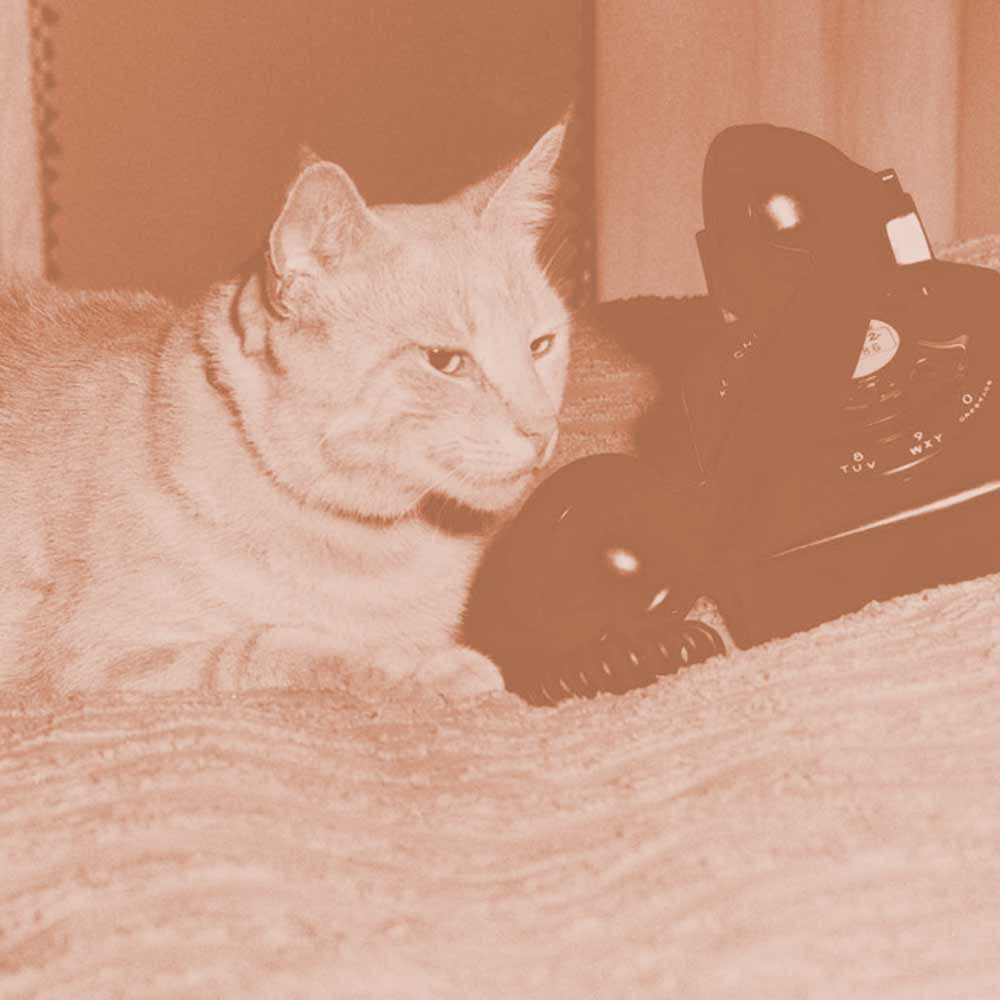When George Bernard Shaw wrote “The single biggest problem in communication is the illusion that it has taken place” he could have been talking to anyone working in UX or design. Communicating goals and ideas to a diverse team is hard. We communicate across the fields of development, security, management, marketing, design and UX, the executive suite, not to mention to everyone who interacts with your product.
“A word is worth a thousand pictures”
– Elie Wiesel
Our most powerful tool for communication is words. Before we begin communicating visually our ideas need to be communicated verbally, and our word choices have a profound effect on how they will influence our hearers. As Elie Wiesel put it “a word is worth a thousand pictures.”
Hearing specific vocabulary words like ‘No’, ‘Yes’, ‘Peace’, or ‘War’ can generate stress or promote resilient thinking, activate our amygdala to flight, propel the motivational center of our brains, and even change our gene expression.
The right words leapfrog hazards and forge connections, build new realities and annihilate old ones. It takes a lifetime to master the right words for design and UX. Im just getting started but I wanted to share the little bit of word-ly (hehe) wisdom Iv’e learned on my journey.
Words that are dead to me:

Design — If you find yourself using the word design you’ve probobly already lost the battle. Not only does it have no fixed meaning, but it focuses on the subjective experience of the particular individual your are speaking to. Banish this word from your vocabulary and instead focus in on functional criteria: interface elements, specifics of color and typography, meaningful imagery, hierarchy, breakpoints, layouts, etc. Topical content is the accurate substitute for the undefined word design. Replace “let’s talk about the design” with “let’s talk about user validation for this content hierarchy.” Schwing!
Launch — Do you want to raise your client’s blood pressure? Then by all means bring up the word “launch”! Or if, like me, you prefer a soft sunrise over flipping a switch then favor phrases like “repoint the domain” or “going live is just the next logical step in an ongoing process”.
Agile (the verb) — If you are working in Agile its a noun and needs to stay that way. The verb is banished for causing confusion and equating Agile (the noun) with working fast and/or chaotically. Nothing could be further from the true Agile spirit.
“It’s easy” — When I find myself saying this I immediately know I’m wrong. It’s a sign of the exact opposite: whatever it is, it must be so awful that I dont want to acknowledge it. The term is disparaging, dismissive, and ignorant. Avoid saying it at all costs, about your own work or anyone else’s. See ‘realistic’ in the ‘words I love’ section for an alternative.
Prove — Proof is an almost impossible bar. Very little in life can be truly proven, not even the big bang has made it beyond the “theory” stage. Certain personality types will delight in picking apart your proofs and finding holes so its wise to lose this word altogether.
User — Full confession: it’s so ubiquitous I still use “user” occasionally but it has a tendency to alienate us from the individuals were designing for so I like to get more specific. Favor terms that illustrate our connection to one another.For example name their exact relationship to the software (moderator, content generator, etc). Or refer to the type of persona you have in mind (“When a researcher uses our upload function they will appreciate the compiler function” or “Less seasoned submitters may be confused if we move this definition”). I also favor generic terms like “person”, “individual”, or the general “stakeholder” over the word user.
Pretty, Beautiful, Awesome, Gorgeous, etc — Avoid using subjective terms. What is pretty to you might be cheesy to your neighbor. What looks awesome to your boss might fail in the marketplace. These words are irrelevant and put the focus on surface attributes. Worse, they distract us from our real goal: quality user experiences.
Sell — Do you “sell your designs” to stakeholders? Instead think of the design as a shared goal we’re all trying to reach together. If I find myself in a position of ownership and trying to sell my design it means I missed the boat on collaboration.
Mockup — A mockup means something wildly different to a design and to a developer. To avoid this confusion I refer to “prototypes” instead of mockups, and specify the level of fidelity in the current stage.
Intuitive — suggested to be banned by an astute reader (and I totally agree): “Essentially, another way of saying ‘gloss over all the micro-interactions because we’re assuming the user already knows how to complete a simple task’.”
User Experience (as a noun) — user experience is not a person or a team. Its the glue that binds together every aspect of the project. Treating this word as a verb instead reminds the entire team that it’s everyone’s business.
Words I love.

Validate — This is a more helpful word than “prove” as it connotes an active process with multiple inputs, and you CAN validate an idea without reaching the impossible heights of absolute proof.
Pattern — Both design and development use this word in similar ways and it’s associated with best practices in both fields. It is precise in meaning and builds trust.
Stakeholder — Yes it’s overused, but I find this term is both broad and still accurate. It’s also a positive descriptor of our relationships to one another on a team. It helps me keep in mind the vast array of individuals that make up the product ecosystem from executives, product owners, development team members, and customers. It takes a village of stakeholders to raise a product.
Interface — When you discuss “the interface” with your team instead of “the design” it instantly moves the conversation into the realm of interactive experience.
Reasonable — A reasonable solution is not groundbreaking or a paradigm shift. Nor is it controversial or stress inducing. As we cant let the great be the enemy of the good we frequently reach for reasonable solutions. If a diverse team agrees a solution is reasonable the chances are it wont be derailed.
Realistic — Rather than telling someone that something should be easy, propose a timeline and ask “is this realistic?” It’s a more accurate measurement of what you really want to know: can X be done by Y.
Functional prototypes — Though not a word, a prototype is the true shared language of the web. If the right word is worth a thousand pictures, a working prototype is worth a thousand perfect words. The best advice I can give anyone finding their way in UX is to find a front end framework you like and get really good at rapid prototyping. Skip the visual interface design tools and work directly in a framework, because A) visual interface design tools dont work well when it comes to publishing responsive interactivity or accessibility, and B) you dont need a visual translator when you speak the language.
User Experience (as a verb) — I treat user experience as a verb, not a noun. Its not a person or a team. Its the glue that binds together every aspect of the project. And it’s everybody’s business.
The longer I practice the longer both lists grow and the more effective I become as a champion and shepherd of ideas. Words have power to move our projects in good or bad directions. As Baha-u-llah wrote:
“One word may be likened unto fire, another unto light, and the influence which both exert is manifest in the world.”
As we write and talk we’re playing with fire and light and our word choices can can hinder or help our projects accordingly.